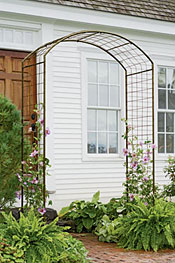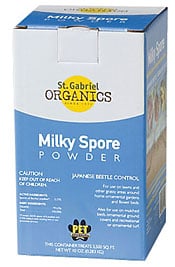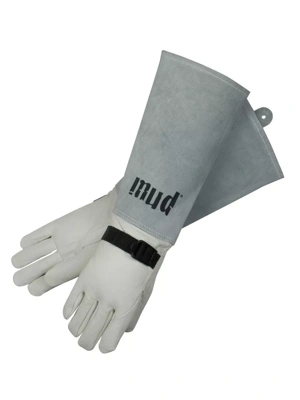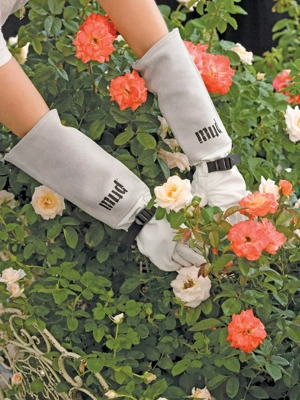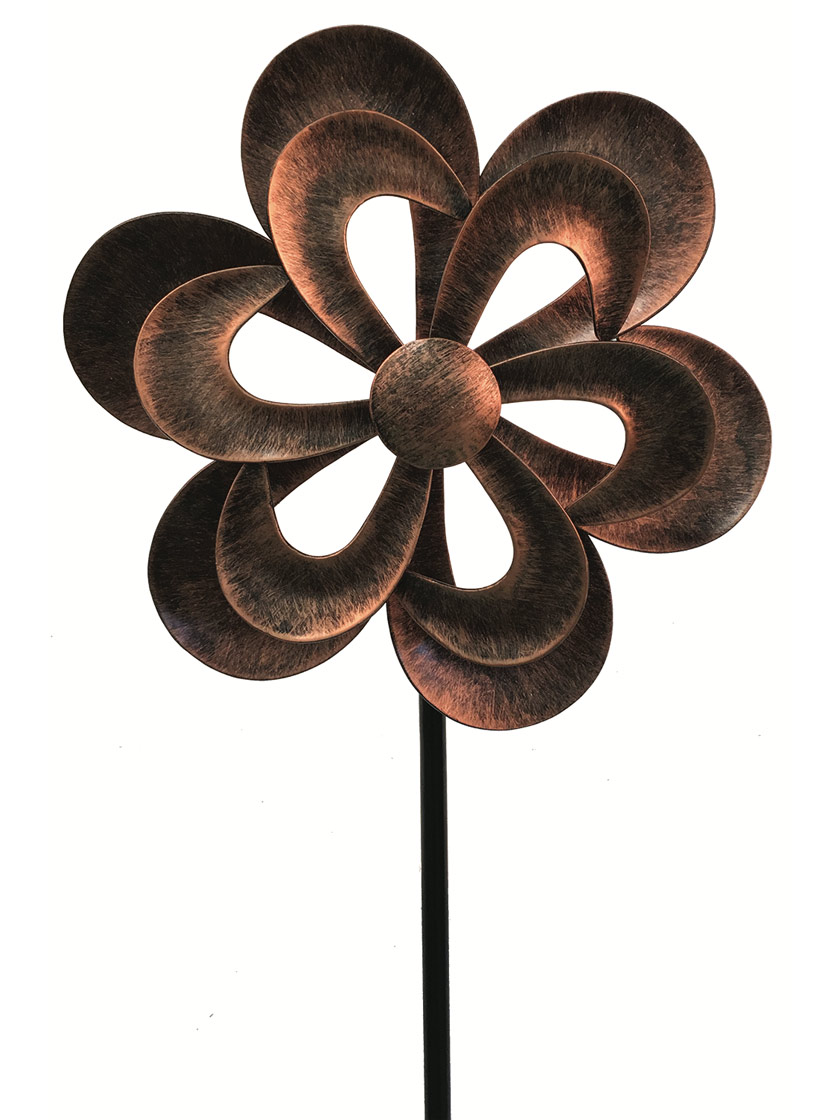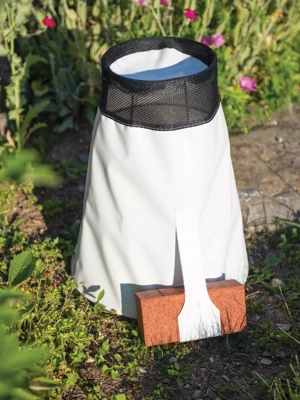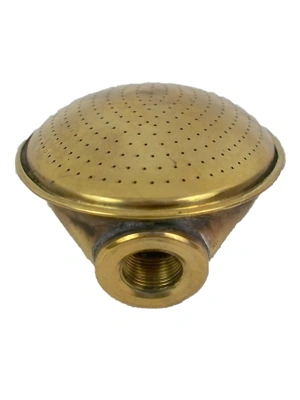Are You Ready for Roses?
Trellises and pest controls to help you make the most of your roses
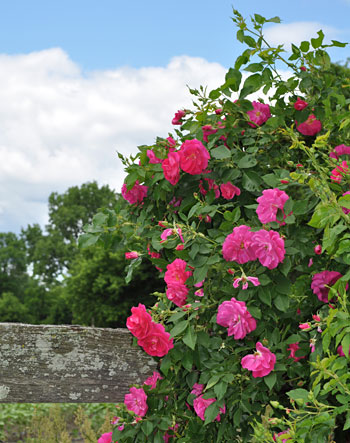
Cultivated since ancient times by Greeks and Romans and revered by Asian and Middle Eastern empires, roses continue to be one of the most popular flower in the world. The rose was even designated the "national floral emblem" of the U.S in 1986. Thousands of rose varieties exist in an astonishing range of colors and fragrances. And with plant sizes ranging from low-growing "carpet" roses to towering climbers, there's a rose to fit every space. It's no wonder they are such cherished garden plants!
Roses have a reputation among some gardeners for needing special care. Many modern roses are nearly trouble-free, however. Selecting the right variety for your site, choosing roses that resist common diseases, and giving them the simple care they require can go a long way toward keeping roses healthy.
Supports for Climbing Roses
A rose-covered arch makes a delightful and inviting garden entrance. Unlike shrub roses, climbing roses form extra-long flowering canes that must be tied to supports to stay upright.
Jardin Rose Arch: This classic and affordable arch features a simple, understated design that showcases your climbing plants. Made from powder-coated tubular steel with antiqued finish, it's a generous 52" wide by 22" deep by 96" H installed.
Controlling Pests and Diseases
It's an insecticide, a fungicide, and a miticide — and it's organic! Made from neem seed oil, Rose Rx 3-in-1 helps prevent and control black spot and aphids, — both common rose diseases. It also controls spider mites, aphids and whiteflies, and repels feeding by Japanese beetles. This botanical spray's active ingredient is extracted from the seed of the tropical neem tree. Rose Rx comes in a ready-to-spray bottle, making it a convenient, one-spray solution to rose pests.
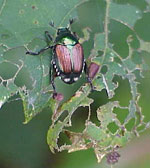
A Japanese beetle with a skeletonized grape leaf.
A Three-Prong Approach to Controlling Japanese Beetles: In many parts of the country, Japanese beetles cause extensive damage to roses and other garden and landscape plants by skeletonizing leaves and ruining flowers. To keep Japanese beetle damage to a minimum, it's best to tackle them at both the larval and adult life stages.
- Beneficial nematodes are naturally occurring, beneficial microorganisms that help control Japanese beetles by attacking the soil-dwelling, grub stage of the beetle. They starts working within 48 hours of application and keep working all summer long. Unlike chemical controls, beneficial nematodes won't harm earthworms or most beneficial insects, and the product is safe to use around people and pets.
- Milky Spore provides long-term control of Japanese beetles. It contains naturally occurring microscopic bacteria (Bacillus popilliae) that kills Japanese beetle grubs before they can grow into adults. The Milky Spore population in the soil increases each year, reaching peak effectiveness about three years after application, and lasts ten years or more. It's safe for people, pets and beneficial soil organisms.
- Fast-acting Japanese Beetle Killer safely and effectively controls adult beetles.This pyrethrin-based insecticide comes in a ready-to-spray bottle to provide quick "knock-down" of hard-to-kill adult Japanese beetles.
More information
Last updated: 12/12/2022
Print this Article:
Related items
Get the Dirt
Stay up to date on new articles and advice. Please fill out the information below.


